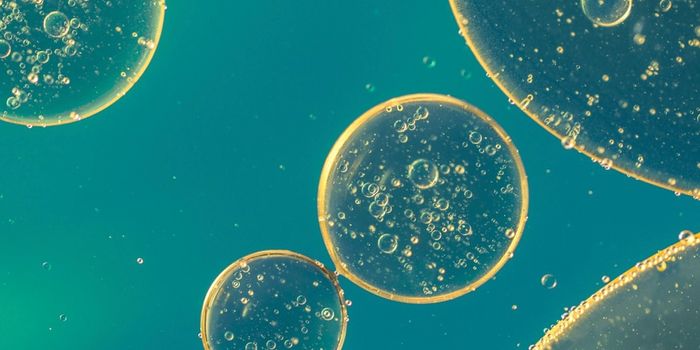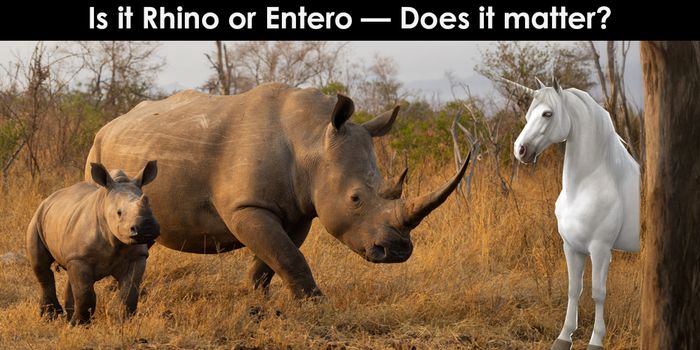A Mosquito Repellent - Made by Bacteria
While some microbes are a threat to people, others can benefit humans greatly. Researchers at the University of Wisconsin-Madison have now discovered compounds made by bacteria that can repel several types of mosquitoes, including the ones that are known to carry dangerous diseases like West Nile virus, malaria, and Zika. Scientists to have to evaluate the safety of these natural bacterial chemicals, but they have opened up a potential new line of defense against mosquitoes. The findings have been reported in Science Advances.
This project started with researcher Que Lan, who died of cancer in 2014. Lan was on the hunt for bacterial chemicals that could kill mosquitoes. UW–Madison Professor of Entomology Susan Paskewitz continued the effort with Mayur Kajla, the lead author of this new report. “We didn’t come at it thinking we would find a repellent,” said Paskewitz. “It was a bit of serendipity.”
Kajla joined the team after it had been established that mosquitoes would avoid food with these extracts. Purified from the bacterium Xenorhabdus budapestensis, the compounds did not kill the insects but did repel them. Kajla was able to identify the compounds that were responsible. Along with study co-author Gregory Barrett-Wilt, it was determined that two fabclavine molecules could effectively stop mosquitoes from feeding when food contained the chemicals.
When the molecules were compared to popular and common mosquito repellents DEET and picaridin, the team showed that the bacterial compound was just as effective at doses that were eight times lower than picaridin and three times lower than DEET.
“If you can use less of an active ingredient in a formulation it may be less expensive,” noted Paskewitz, who filed a patent application with Kajla for this work.
The team is now investigating how the compound repels mosquitoes - it may only taste bad to them, or there may be more to it. The researchers are also working to determine how safe it is for people. “I am itching to put it on my hand and put it in a cage of mosquitoes, but I can’t do it yet,” said Paskewitz.
People are not all convinced that DEET, the most widely used insect repellent in the US, is safe, even after years of testing. It’s possible that many consumers would welcome the idea of an alternative, and bacteria already make some important compounds for people, including antibiotics. There may also be more applications for these bacterial chemicals.
“These compounds might end up being more effective against a wider array of biting arthropods,” noted Paskewitz. “DEET works against ticks, but it’s not as good as it is with mosquitoes. We will test the bacterial compounds against other kinds of biting insects and their relatives.”








